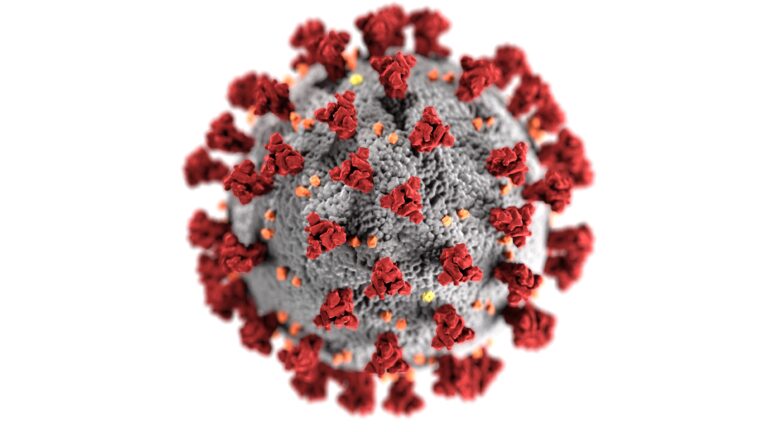Quality of social services during and after COVID-19
Kvetoslava Repkova (European Centre’s NLO Slovakia), Institute for Labour and Family Reserach
In the current conditions of coronapandemia, social services and the activities of social service providers are communicated in Slovakia in two main contexts. Firstly, social service providers, their managements and staff are highlighted as heroes of the today who act „in the first line“. Secondly, the venues of social services are considered as one of the possible spaces for the infection outbreaks of the COVID-19 disease. In connection with COVID-19, in organisations providing social services for care-dependent persons the state emergency status was declared in the end of March 2020, and, since April 2020 they have become subjects of economic mobilization. In addition to the usual obligations under the Social Services Act, they are tasked with a number of new duties arising from binding measures of the Government of the Slovak Republic, the Crisis Crew, the Public Health Office and/or the Ministry of Labour, Social Affairs and Family of the Slovak Republic. I bring some reflexions on a current situation of these type of social service providers based upon a quick probe conducted in second half of April 2020.
In the quick probe organized by the community of experts involved in the national project on the Quality of Social Services, we were interested to learn more about how the emergency situation has affected social service providers, what they are currently struggling with and, whether their views on quality requirements mandated by law are changing in these emergency circumstances. A total of 38 respondents volunteered to participate, among whom there were mainly representatives of social service providers, but also representatives of social service users, and internal and external quality evaluators, who are currently starting to perform quality evaluations according to the Social Services Act.
According to the respondents, providers of residential social services for care-dependent elderly persons and/or persons with disabilities currently face tasks and obstacles of various nature. Firstly, they concern the operational and personnel conditions under which providers perform social services. They pointed to the lack of protective equipment for clients and employees against infection (protective masks, gloves, disinfectant gels), which, they also have to procure and pay on their own. Furthermore, there is a shortage of staff. This was an issue even before the pandemic, but in this period it has been intensified, as part of the social services staff stay at home (e.g. because of childcare needs, quarantine measures, etc). Due to the exceptional conditions, the possibility of using volunteers to provide services is also strongly limited.
Another challenge concerns working with human resources. Providers have to ensure preparation and training of their staff to apply all measures necessary under the current situation (e.g. use of protective equipment and their proper disposal; work with own fear and uncertainty; burnout prevention) and the continuation of professional working of the staff with clients. In particular, it is a matter of ensuring that clients are properly informed about the exceptional situation, they understand measures which are often of a restrictive nature and, maintaining motivation to adhere them for a longer period of time (e.g. a need to wear protective mask, hand disinfection, restrictions concerning freedom of movement, social isolation, temporary increase number of clients in one living room, conflict prevention). In the probe, a need for establishing new forms for maintaining external social contacts, especially with the family (use of balconies for communication, use of IC applications such as Skype, Viber or WhatsApp to provide online interviews), was highlighted.
The majority of respondents emphasised a need to inform social service providers about the measures taken up by central authorities, whose implementation they should carry out. They mostly did not mention the absence of information as such, but rather the inconsistency of information from different sources, which increases their uncertainty in existentially demanding circumstances. Some of them welcomed an initiative developed by national human rights and professional organizations that have prepared basic recommendations on the issue of respect for fundamental human rights and freedoms in social services facilities and the preparation of contingency plans for quarantines under COVID-19 circumstances. Consequently, experts of the national project on the Quality of Social Services elaborated the model for the contingency plan (crisis plan) that aimed to support social service providers who had an obligation to prepare and publish a tailored plan for their own conditions up to 7th May 2020.
According to a majority of the respondents, a view of social service providers to the quality issues are not changing in these exceptional circumstances as they do all their best, even though the health and safety aspects in providing social services have become currently their priority. Nevertheless, some respondents emphasized that even after the end of the pandemic, social services would no longer be as they had been before, and that a change would take place. Changing providers’ perceptions of their quality commitments will also be part of the response to that change because although for some of them, the quality of the social services provided will become more important than ever, for others the quality issues remain something there is no time for in difficult conditions.






